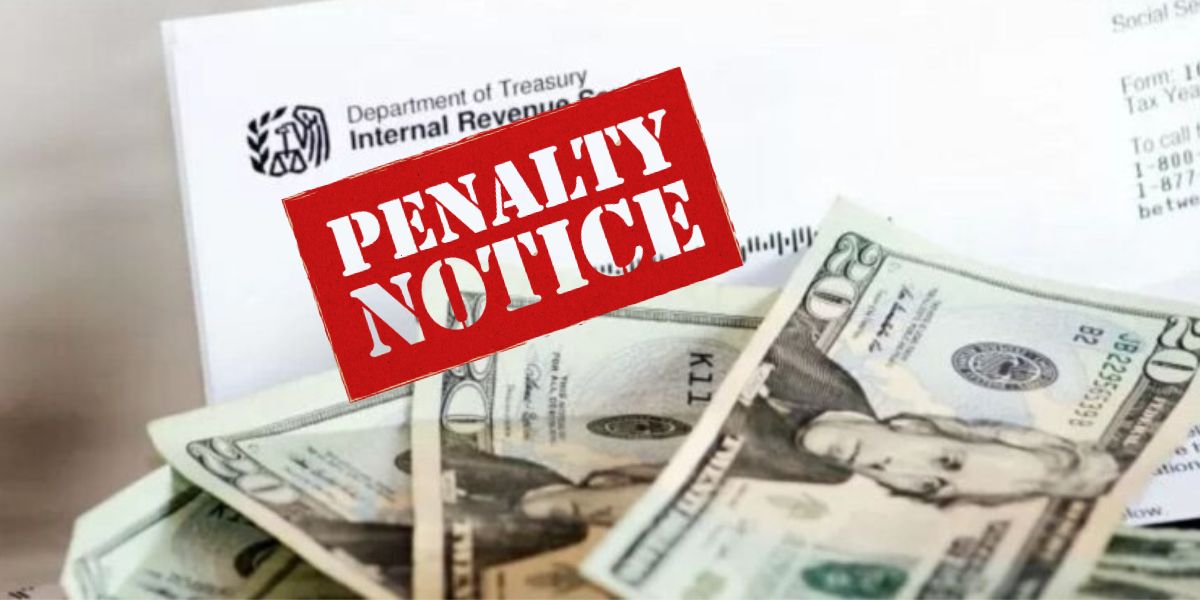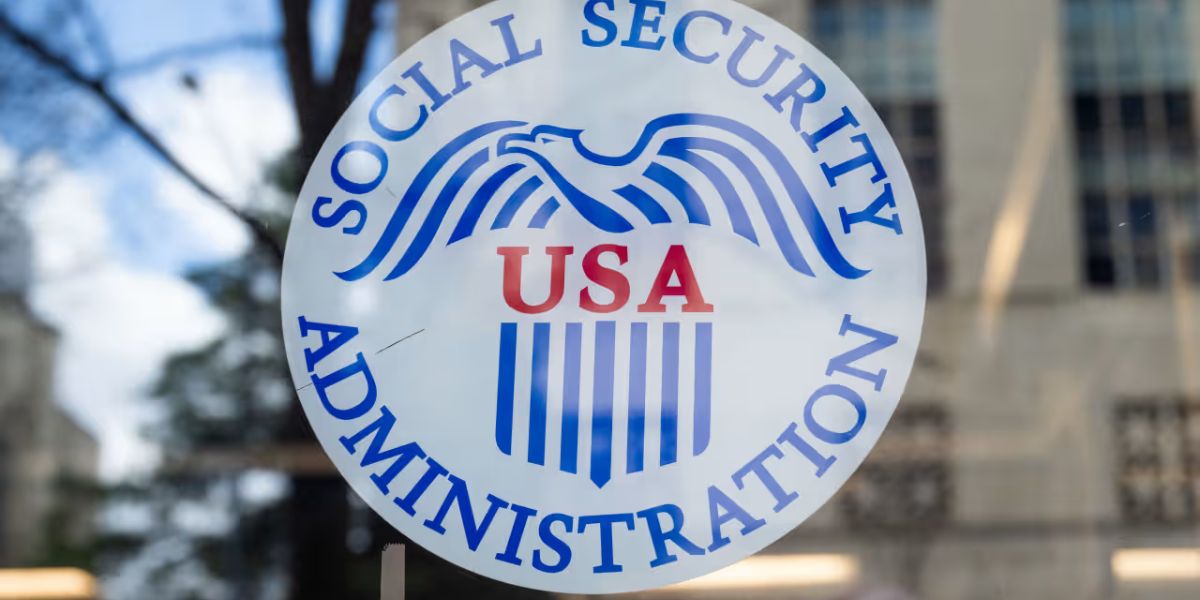The Internal Revenue Service (IRS) imposes fines on thousands of American taxpayers each year for late filing of federal tax returns. A seemingly insignificant mistake might have serious financial repercussions, such as monthly fines, interest that has accumulated, and potential legal issues.
You must legally file your taxes by the deadline, or ask for an extension if needed, regardless of whether you are a person making money or a business doing business in the United States.
Steep fines may follow failure to comply, but if you can provide good justification, you may be able to contest the penalty or obtain relief in certain situations.
What Are the Penalties and Who Must File Taxes?
If an individual’s income reaches or beyond the minimal filing level, which is determined by their age, filing status, and gross income, they are required to submit a federal tax return.
Employers, independent contractors, gig workers, landlords, and everyone else getting investment income are all included in this.
Companies are also required to file, including:
| Business Entity Type | IRS Tax Form |
| C Corporation | Form 1120 |
| Partnership | Form 1065 |
| S Corporation | Form 1120-S |
| Sole Proprietorship | Form 1040 with Schedule C |
A penalty equal to 5% of the unpaid taxes per month, up to a maximum of 25%, may be imposed by the Internal Revenue Service (IRS) if you fail to file your return within the allotted time frame.
Depending on the tax year and the kind of return, the Internal Revenue Service (IRS) will impose a minimum penalty if the delay is greater than sixty days:
| Year | Penalty Amount |
| After 12/31/2024 | $510 |
| 2024 | $485 |
| 2023 | $450 |
| 2020–2022 | $435 |
| 2018–2019 | $210 |
These fines are computed by subtracting any payments made on time and any credits that are applicable from the total amount of tax that is payable.
The filing penalty is decreased in situations where both failure-to-file and failure-to-pay penalties are applicable. This is done to prevent the two penalties from being stacked at full rate.
Please visit the official page of the Internal Revenue Service (IRS) for the failure-to-file penalty to learn more about the calculation of fines.
Read Also: $1,400–$3,900 Stimulus Checks Expected Soon — Are You One of the 600K Eligible?
Avoiding, Reducing, or Contesting an IRS Penalty: How to Do It
If the Internal Revenue Service (IRS) sends you a penalty notice, they will send you a letter or an official notice that details the amount of the fine as well as the reason for the fine. Many choices are available to you:
- If you want to avoid more interest, you should pay the penalty in full.
- Make a request for penalty relief by establishing that you have a valid cause (for example, illness, a natural disaster, or taking the advice of an erroneous professional).
- If you are unable to pay the total amount, you should establish a payment plan.
- To contest the penalty, provide a signed explanation together with supporting documentation to the address that is listed in the notice from the Internal Revenue Service.
You should get in touch with the Internal Revenue Service (IRS) directly to fix the issue before any extra charges are incurred if you have not received a notice but suspect that you may be obligated to pay a penalty.
Read Also: Stimulus Update: $400 and $500 Checks Are Official — What You Need to Know
You can prevent these penalties by filing your return on time, even if you are unable to pay the whole amount. This is the most efficient strategy to avoid their consequences.
The filing process safeguards you against fines for submitting late and provides you with access to various resolution choices, including payment plans and relief programs.



